Liz Truss: shortest serving prime ministers in UK history
Boris Johnson’s successor dethroned by backbench rebellion caused by disastrous ‘mini-Budget’
Your support helps us to tell the story
From reproductive rights to climate change to Big Tech, The Independent is on the ground when the story is developing. Whether it's investigating the financials of Elon Musk's pro-Trump PAC or producing our latest documentary, 'The A Word', which shines a light on the American women fighting for reproductive rights, we know how important it is to parse out the facts from the messaging.
At such a critical moment in US history, we need reporters on the ground. Your donation allows us to keep sending journalists to speak to both sides of the story.
The Independent is trusted by Americans across the entire political spectrum. And unlike many other quality news outlets, we choose not to lock Americans out of our reporting and analysis with paywalls. We believe quality journalism should be available to everyone, paid for by those who can afford it.
Your support makes all the difference.Liz Truss has become the shortest-serving prime minister in UK history, resigning after just 45 days in office.
After a meeting with Sir Graham Brady, chair of the powerful backbench 1922 Committee, at Downing Street on Thursday, Ms Truss told the nation it was clear she could no longer deliver the “mandate” she had been given by her party just weeks earlier.
The backbench rebellion and market turmoil sparked by the disastrous “mini-Budget” which Ms Truss and her then-chancellor, Kwasi Kwarteng, introduced in late September, finally caught up to her. Keir Starmerhas now demanded a general election.
From Theresa May to Boris Johnson and now Ms Truss, the UK has had a relatively high turnover of prime ministers in recent years, following the divisive vote to leave the European Union in 2016.
Here, The Independent takes a look at some of the shortest serving UK prime ministers in modern history.
George Canning: 119 days
Tory George Canning replaced Lord Liverpool as prime minister on 10 April 1827 and formed a coalition with the Whigs under Lord Lansdowne.
He died on 8 August 1827, having spent just five months in office. He died suddenly from pneumonia at Chiswick House.
Canning subsequently became regarded by some as a “lost leader” amid speculation about what would have happened had he lived.
Bonar Law: 209 days
Bonar Law, the Canadian-born son of a Scottish clergyman, was elected to parliament in 1900 as the Conservative MP for Glasgow Blackfriars.
He had a reputation for fearlessness and was regarded as an effective speaker.
Conservative withdrawal from the Liberal-Conservative coalition government forced Lloyd George to resign and the King then invited Law to form a new administration in 1922.
But he was forced to resign in May 1923 because of ill health and died of throat cancer six months later.
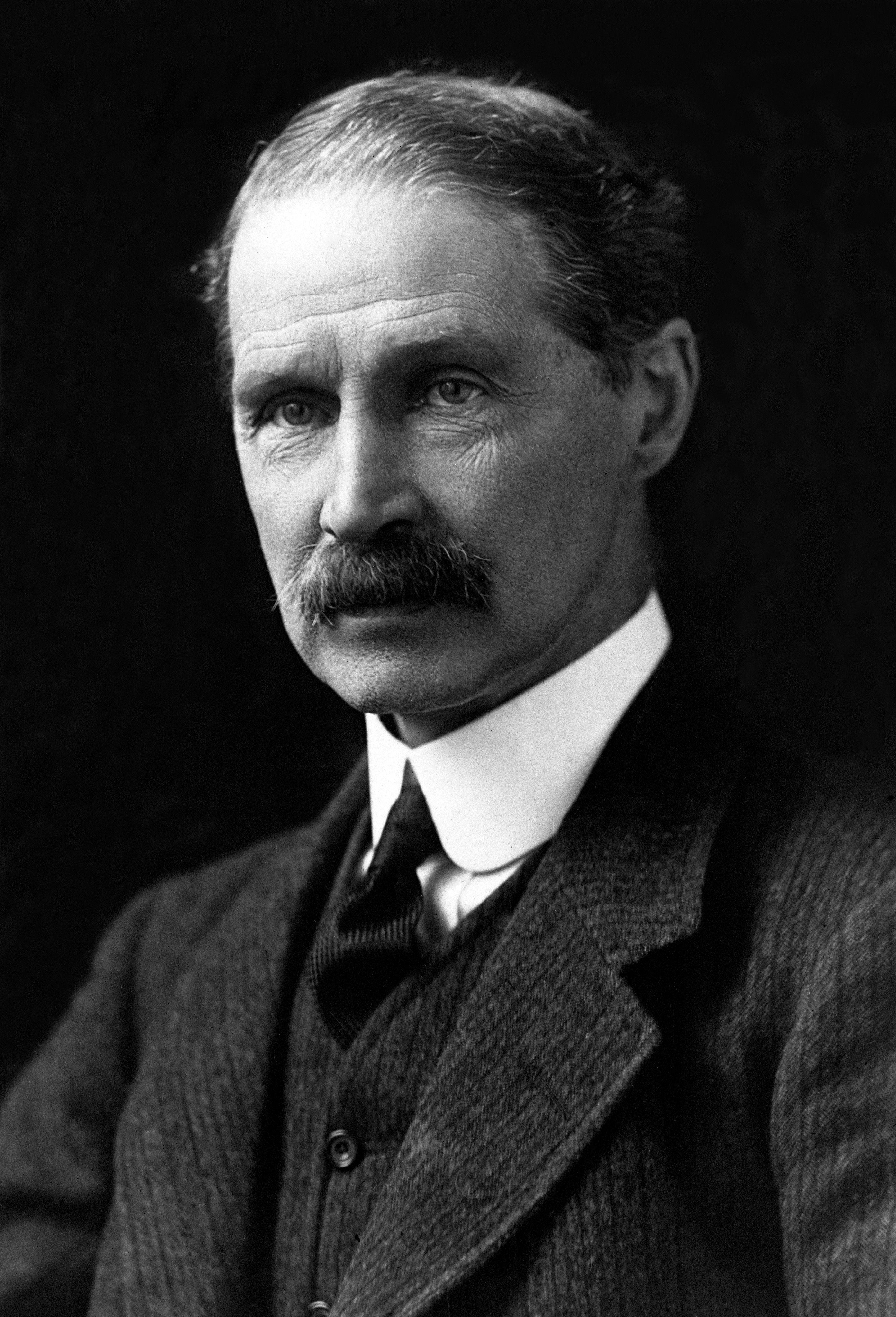
Sir Alec Douglas-Home: 1 year, 1 month
Sir Alec Douglas-Home, a Conservative, became prime minister in October 1963 but found himself out of office the following year, having spent just one year and one day in the top job.
He entered No 10 in October as a result of political manoeuvring by his predecessor, Harold Macmillan, who was determined to prevent the succession of Rab Butler, the former foreign secretary. Macmillan had resigned after a series of economic woes and scandals, the most damaging of which involved the minister John Profumo.
Born into an aristocratic family, and educated at both Eton College and Oxford University, Sir Alec was viewed by the public as out of touch and was defeated by Labour’s Harold Wilson in the 1964 general election.
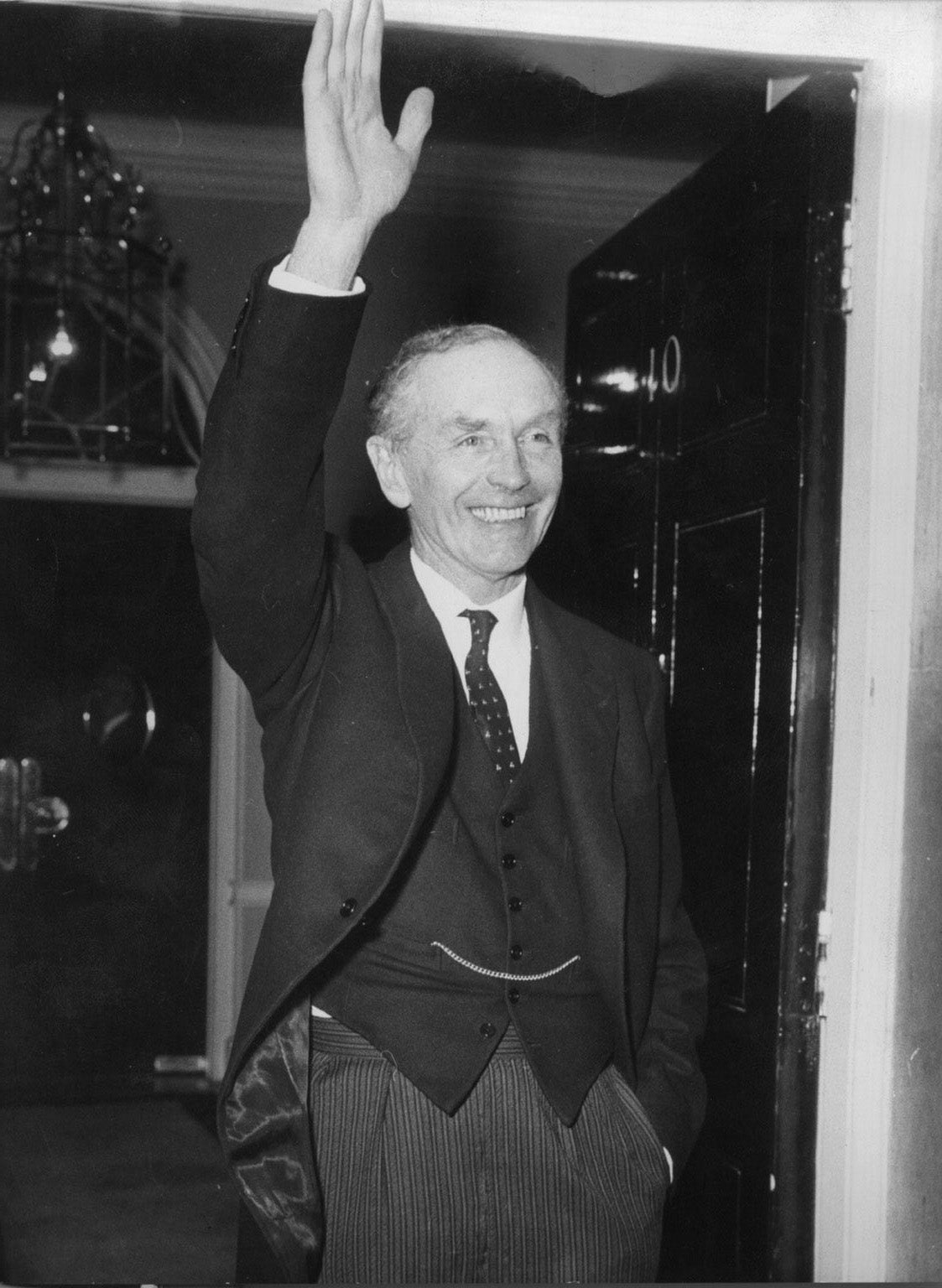
Sir Anthony Eden: 1 year 9 months
Born in Rushyford, Durham, Sir Anthony Eden was elected to parliament in 1923 and would later serve as foreign secretary three times during the Second World War and the Cold War.
He was widely regarded as Sir Winston Churchill’s successor and took over from the wartime PM in 1955 at the age of 57.
But he was forced to quit just over a year later as a result of his disastrous handling of the Suez crisis. Sir Anthony was created Earl of Avon in 1961 and died in January 1977.
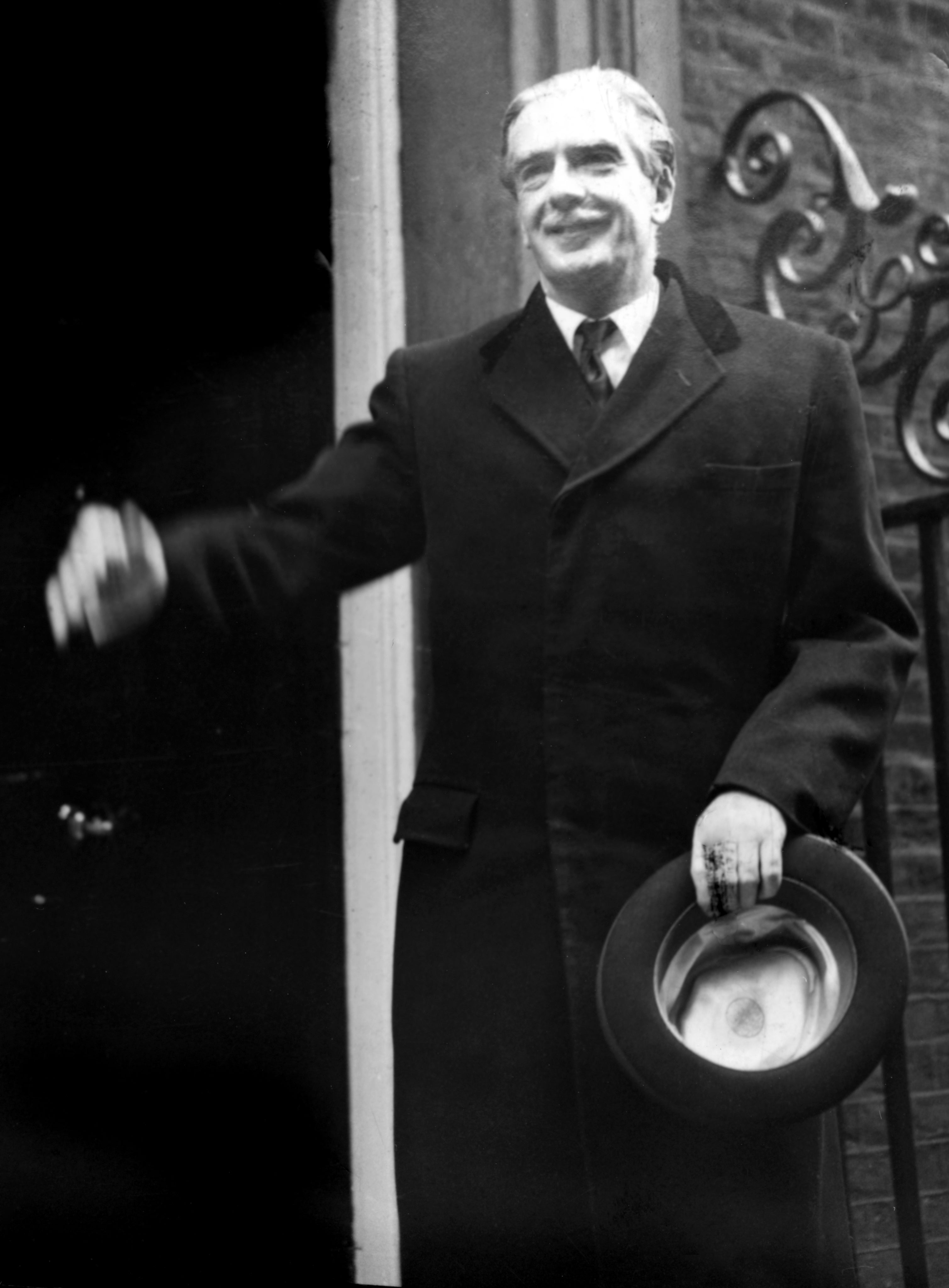
Gordon Brown: 2 years 11 months
Former Labour prime minister Gordon Brown was first elected to parliament in 1983 as the MP for Dunfermline East.
He took over from Tony Blair as PM in 2007 and just a year later was forced to deal with the aftermath of the financial crisis.
Despite being credited with doing a job in handling the crash by propping up the banks, Mr Brown was defeated in the 2010 election by Conservative David Cameron.
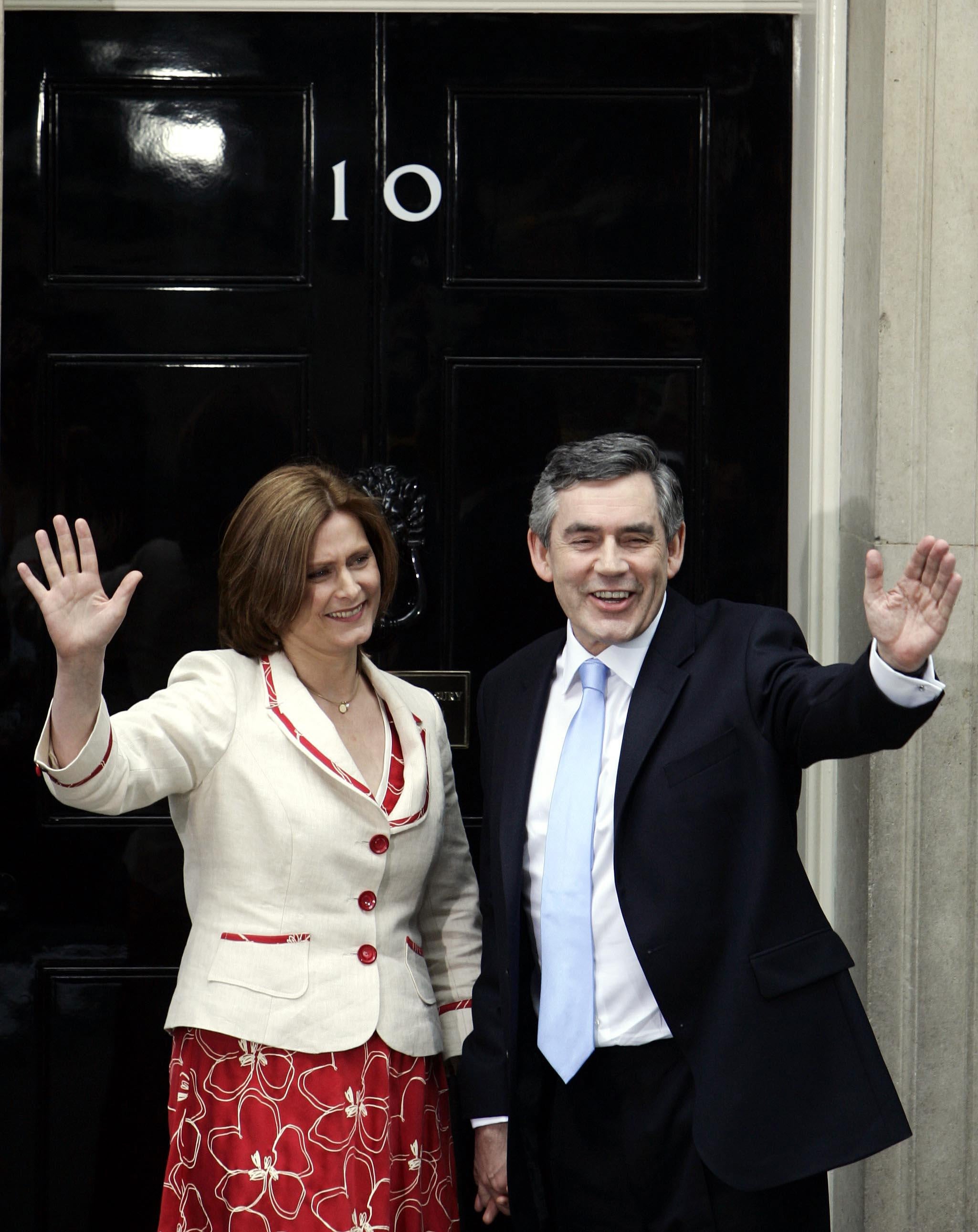
Neville Chamberlain: 3 years
Birmingham-born Neville Chamberlain was first elected to parliament in 1918 as the Conservative MP for Ladywood.
Chamberlain succeeded Stanley Baldwin in 1937 and was elected leader of the Conservative Party.
He met Adolf Hitler in Munich in 1938, the result of which was an agreement that Britain and Germany would never again go to war.
Chamberlain declared on his return to the UK, “I believe it is peace for our time.” However, the success of “appeasement” was short-lived, as Hitler occupied Prague the following year.
He was forced to resign in May 1940 having failed to form a national government and after coming under attack from all sides of the Commons for his handling of the war.
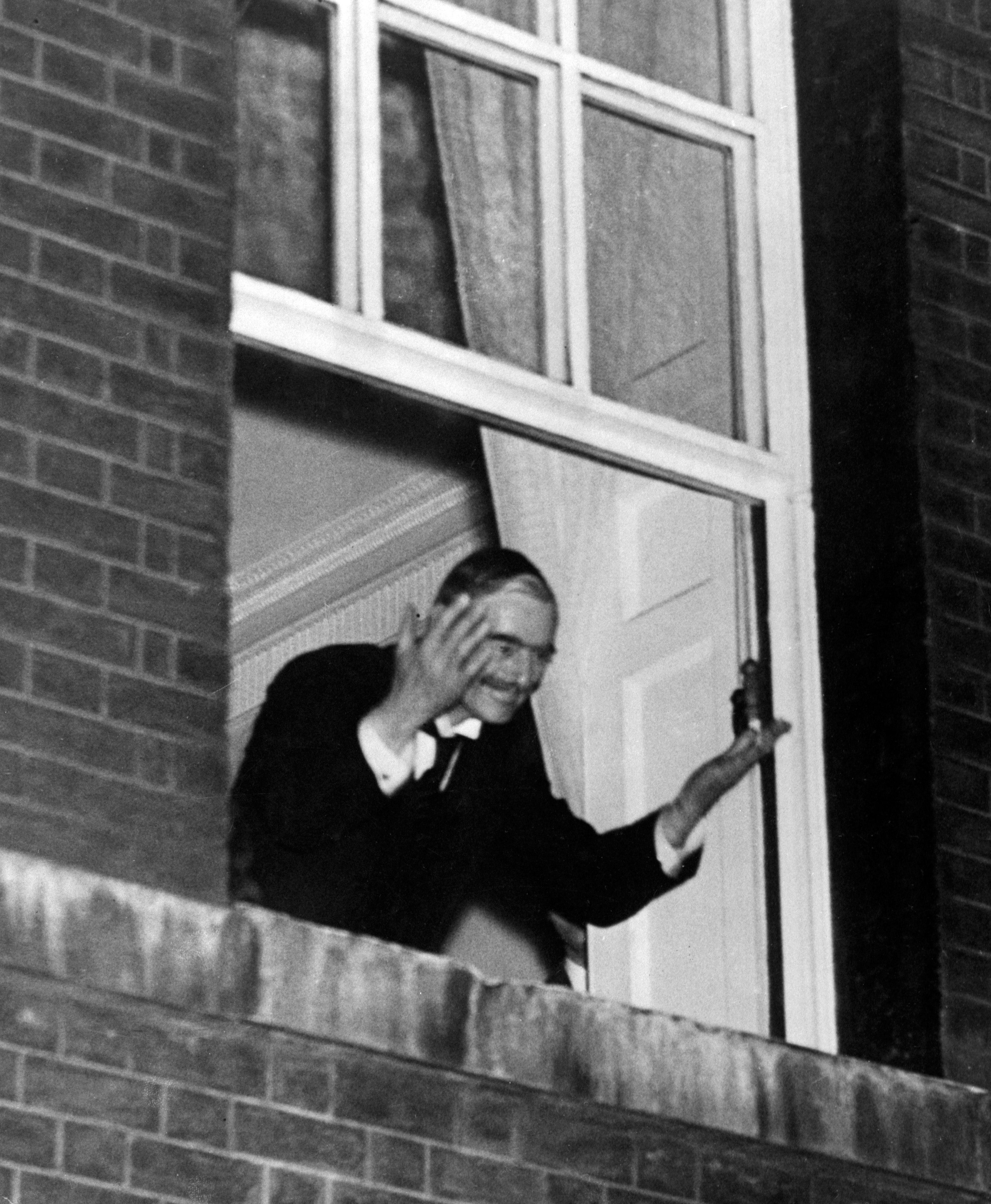
Theresa May: 3 years
Theresa May was first elected to parliament in 1997 as the MP for Maidenhead.
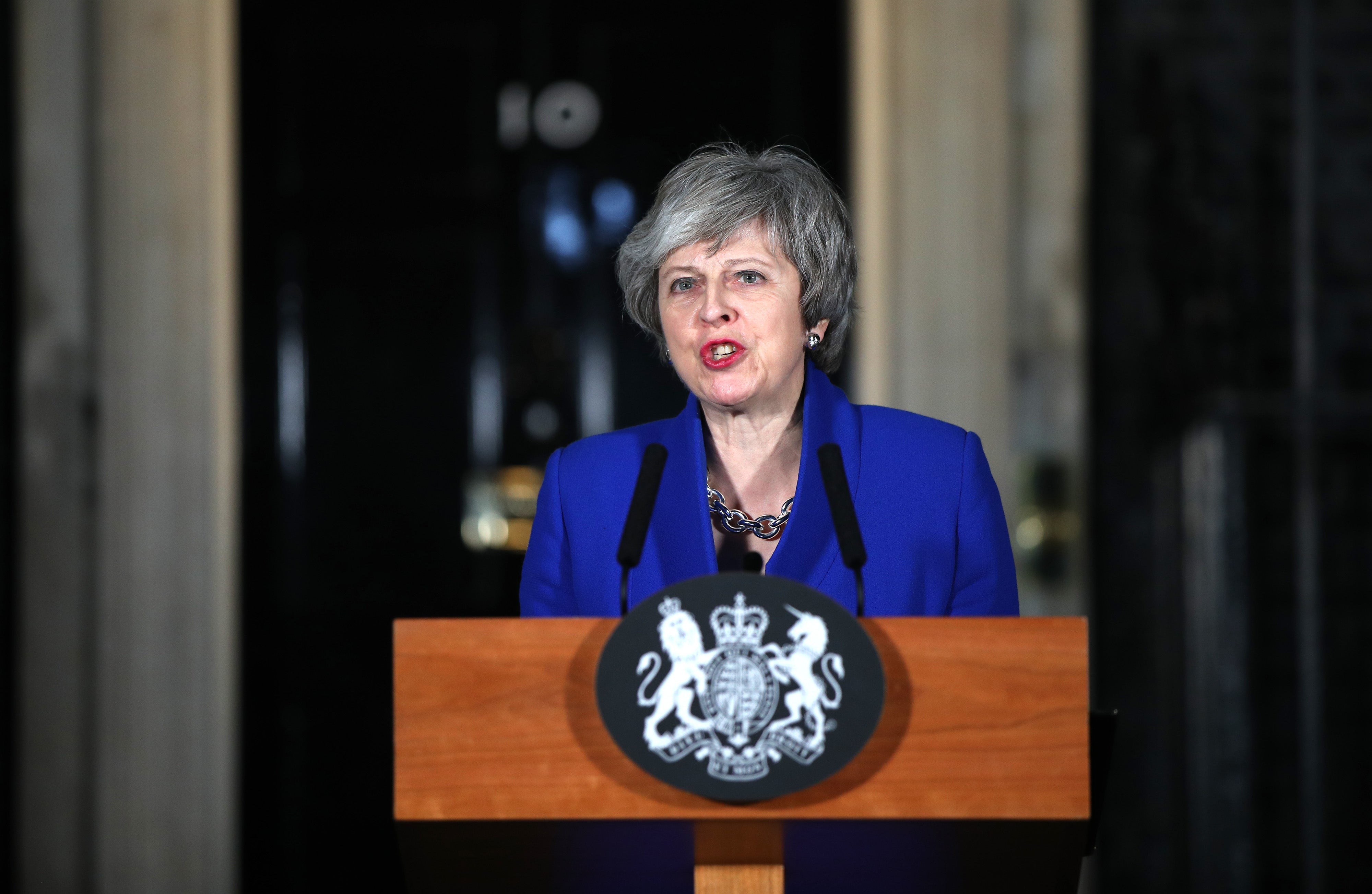
She took over from David Cameron in 2016, following the UK’s vote to leave the EU.
Her premiership was largely consumed by the fallout from the vote and she resigned in 2019, having failed to win the support of MPs for her deal to take the UK out.
Boris Johnson: 3 years
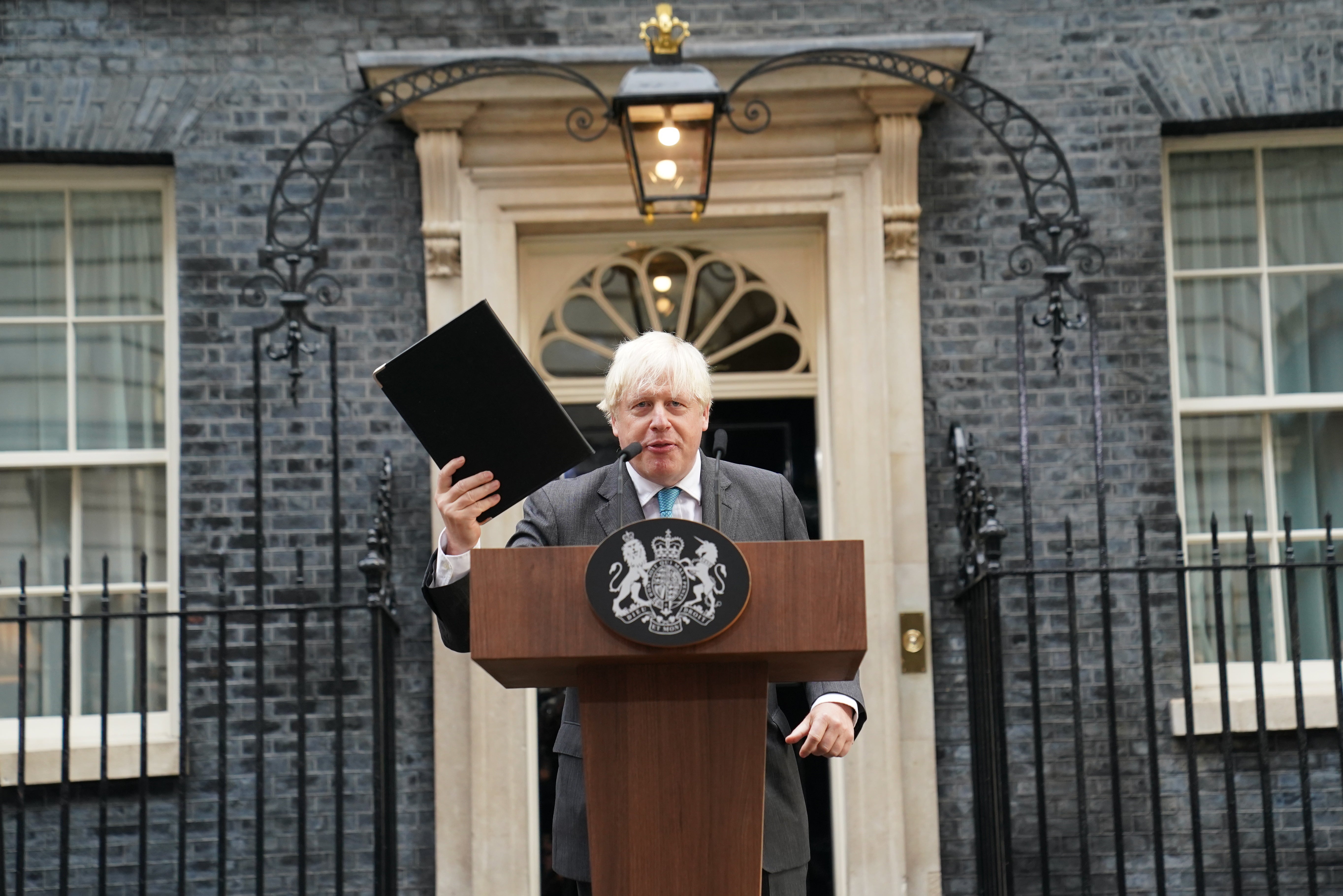
Boris Johnson resigned in July 2022 – less than three years after leading the Conservative Party to its biggest general election victory since 1987.
Mr Johnson had been under pressure over a succession of scandals, including lockdown-busting parties in Downing Street and Whitehall during the Covid pandemic.
The Chris Pincher affair was the straw that broke the camel’s back. The former PM hired Mr Pincher as deputy chief whip despite being aware of a formal complaint about the MP’s behaviour.
It emerged after Mr Pincher had the whip removed after being accused of groping two men at a private members’ club in London on 29 June.
Liz Truss: 45 days
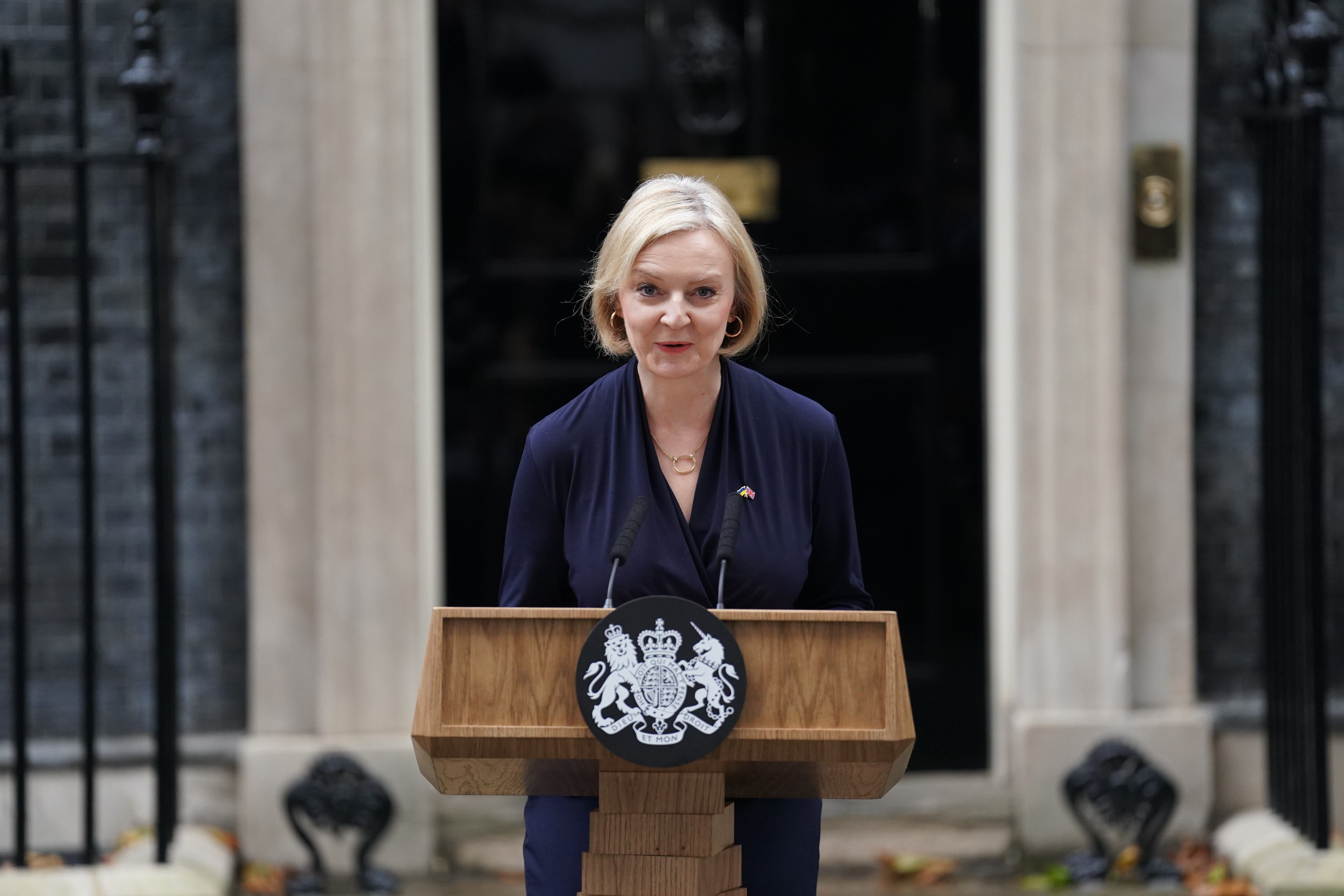
Liz Truss resigned as prime minister on 20 October, following weeks of questions about her future in the aftermath of September’s disastrous mini-Budget.
After just 44 days in office, the prime minister said she “cannot deliver the mandate” she was elected on but will remain in place until her successor has been chosen by the Conservative Party.




Join our commenting forum
Join thought-provoking conversations, follow other Independent readers and see their replies
Comments